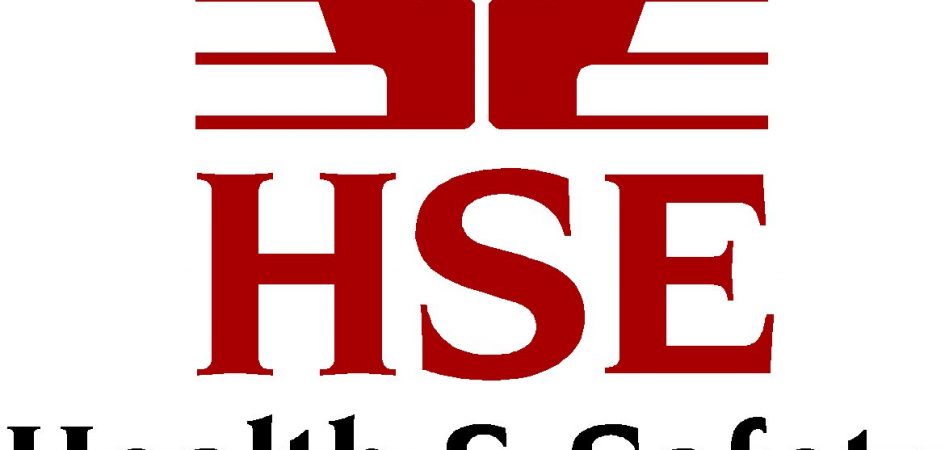
Published on: 07 April 2022

On 6 April 2022 the Personal Protective Equipment at Work (Amendment) Regulations 2022 (PPER 2022) came into force and amended the 1992 Regulations (PPER 1992).
This amendment extends employers’ and employees’ duties regarding personal protective equipment (PPE) to limb (b) workers. A limb (b) worker is defined as following –
- carry out casual or irregular work for one or more organisations
- after 1 month of continuous service, receive holiday pay but not other employment rights such as the minimum period of statutory notice
- only carry out work if they choose to
- have a contract or other arrangement to do work or services personally for a reward (the contract doesn’t have to be written) and only have a limited right to send someone else to do the work, for example swapping shifts with someone on a pre-approved list (subcontracting)
- are not in business for themselves (they do not advertise services directly to customers who can then also book their services directly)
As every employment relationship will be specific to the individual and employer, the precise status of any worker can ultimately only be determined by a court or tribunal.
Please note: These changes do not apply to those who have a ‘self-employed’ status.
In short, if PPE is required, employers must ensure their workers have sufficient information, instruction and training on the use of PPE. A limb (b) worker will have the duty to use the PPE in accordance with their training and instruction, and ensure it is returned to the storage area provided by their employer.
Click here for guidance on how the changes may affect your business and for practical advice on how you can comply with the requirements of the Regulations.
Follow this link for a revised version of the Personal Protective Equipment at Work Regulations 1992 guidance.

